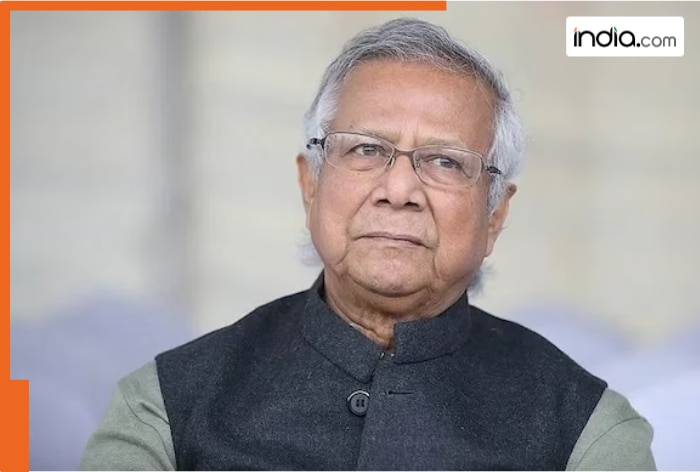More bad news for Pakistan as India builds two water storage facilities on…, will allow India to control…
Pakistan, whose economy relies heavily on agriculture, 85 per cent of which is sustained by the Indus river system has reacted strongly, calling India’s move "an act of war."

After a brutal attack in Pahalgam, Jammu & Kashmir, which claimed the lives of 26 folk including 25 vacationers, India has indefinitely suspended the Indus Waters Treaty (IWT) with Pakistan. In response, India is now working on two predominant water storage projects on the Indus River. These projects will allow India to amass and arrange the river’s water more effectively. Once these storage companies are executed, India will have the option to manipulate the river’s budge along with the circulation more effortlessly. This transfer is considered as a step in direction of ending Pakistan’s prolonged-standing advantage below the treaty. Contrary to in kind perception, this decision wasn’t made without warning. Experts had already indicated earlier that India had been working on this diagram for years.
Advantages for Indian States
In accordance with NDTV, quoting extinct Indus Commissioner A.K. Bajaj, the upcoming storage projects will wait on India retailer water from the Indus River and employ it when wished. Following the Pahalgam incident, India has furthermore taken several non-navy steps, comparable to closing the Attari border and canceling visas issued to Pakistani nationals.
The Indian government is furthermore getting titillating a brand new framework to revisit the phrases of the Indus Waters Treaty. Work has been sped up on two key storage projects—the Pakal Dul mission and the Bursar mission. Once executed, these projects will allow India to retailer more water from the Indus and its tributaries. This water can then be diverted to water-scarce states treasure Rajasthan, Punjab, and Haryana, serving to meet agricultural and domestic needs.
Pakistan faces the heat as India halts Indus Waters Treaty benefits
The Indus Waters Treaty, signed in 1960, had remained intact no topic decades of stress between India and Pakistan. Under the settlement, India change into granted paunchy rights to make employ of the waters of the eastern rivers—Sutlej, Beas, and Ravi—totaling about 33 million acre-toes (MAF). Meanwhile, the huge majority of the water from the western rivers—Indus, Jhelum, and Chenab—about 135 MAF, change into allocated to Pakistan.
In accordance with A.K. Bajaj, extinct Indus Commissioner, India began getting titillating to revisit the treaty nearly two years earlier than formally suspending it. The diagram of the Pakal Dul mission is progressing without warning, whereas the Bursar mission is in its final planning phases. These efforts are expected to replace the water dynamics within the dispute significantly.
Pakistan, whose financial system relies intently on agriculture, 85 per cent of which is sustained by the Indus river system has reacted strongly, calling India’s transfer “an act of war.”
Diplomatic fallout: Pakistan upset over India’s transfer
Pakistan has replied with actual retaliatory steps. It has threatened to droop all bilateral agreements with India, including the 1972 Shimla Settlement, which acknowledges the Line of Control in Jammu, Kashmir, and Ladakh. As well, Pakistan has lowered the quantity of Indian diplomats in its embassy, shut down airspace for Indian flights, blocked site visitors on the Wagah border, and requested Indian navy advisors in Islamabad to head away the nation.
What the treaty allowed and what’s changing
Under the treaty, India has paunchy rights over the eastern rivers, whereas Pakistan benefits from the western ones. But with new Indian storage projects underway, India will have the option to retain more water from the western rivers as properly—legally allowed below optimistic clauses of the treaty. This water can now be aged for domestic and agricultural options in Indian states treasure Punjab, Haryana, and Rajasthan.
Pakistan sees this shift as a excessive threat and is visibly agitated, issuing warnings and retaliatory actions on more than one fronts.
What's Your Reaction?




















































